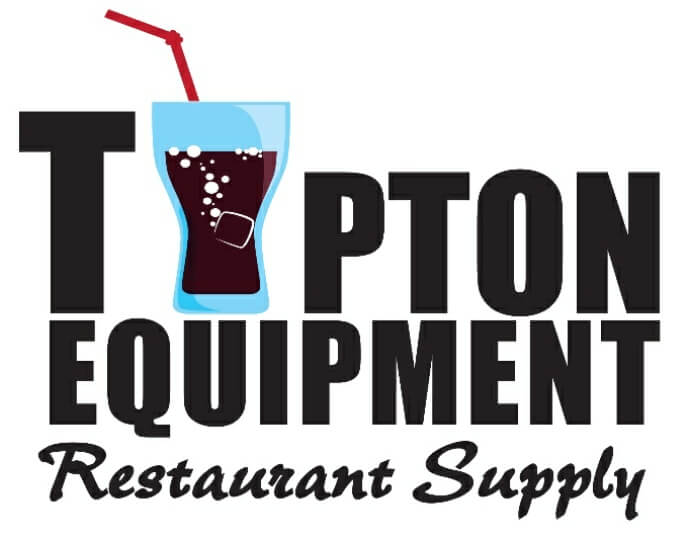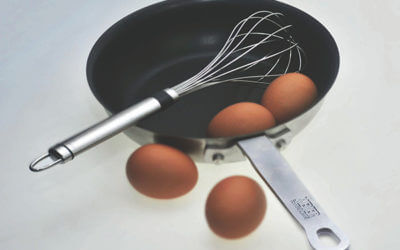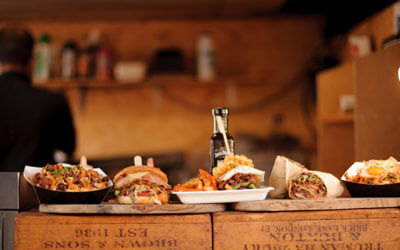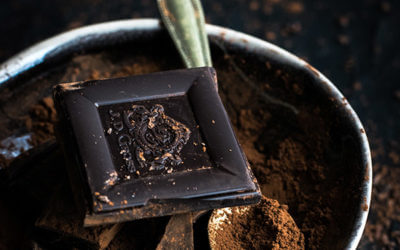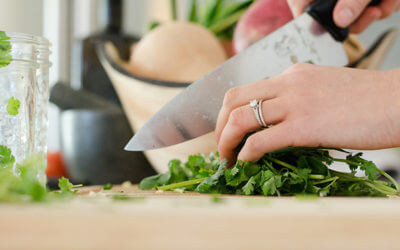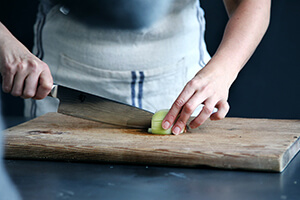Proper Use of Cutting Boards
March 18, 2019Food safety is vital to every restaurant – consistent inspections make sure of it!
Unfortunately, the day-to-day operations can sometimes mean that safety falls through the cracks.
One thing that can get overlooked in a busy kitchen is the safe use of cutting boards. This kitchen equipment can get passed around, rinsed but not washed, and much more that can cause issues for your diners.
Fortunately, by creating a simple routine and implementing it as a habit inside your kitchen, you can avoid many cross-contamination problems. Here’s what you can do!
Know Your Cutting Board Material
There are a variety of materials that you can choose for your cutting boards. Depending on your needs, including budget, durability, and cleaning processes, you can select kitchen equipment made from the following materials:
-
Wood
-
Composite
-
Bamboo
-
Rubber
-
Plastic
-
Flexible
Each of these materials has slightly different cleaning requirements. Many can be washed with soap and water immediately after use. Some can withstand a dishwasher, while others (like rubber) should not. Be sure to pay attention to maintenance as well – for instance, wood and bamboo require oil to stay in good shape.
Choose cutting boards that are non-porous, won’t absorb juices, but at the same time won’t dull your chef’s knives.
Use a Color-Coded System
Chefs and line cooks should not have to wonder if the kitchen equipment they are using has been used for meat or vegetables. Instead, use color-coded boards to make it simple. Determine a color for meat, fish, poultry, dairy, and vegetables.
These boards should still be cleaned regularly to avoid bacteria growth and transfer from one food to another. However, the danger of cross-contamination will be much lower if the color-coded separation is kept in place.
By making this a normal part of training, you can help your kitchen staff develop a habit of only using the proper color with the proper food.
Uh Oh. Handling Restaurant Disaster Recovery
No one wants to think about a major disaster hitting their restaurant. Unfortunately, it can happen at any time. In Arkansas, large areas (including Little Rock) were declared disaster areas as recently as last summer. Severe flooding, wind damage, and tornados are...
Restaurant Supplies You Need: Technology in Your Business
Every business is impacted by technology, and restaurants are no exception. There are dozens of ways to use technology to build your business, improve your efficiency, and serve customers better. Sometimes restaurant owners feel like they’re too busy to implement new...
Key Restaurant Equipment for a Fast-Casual Restaurant
Fast-casual dining has changed how America eats and has impacted what people expect in terms of convenience, price, and food quality. Generally, fast-casual food is affordable and higher-quality than pure fast food. It’s a step above a McDonald’s, without the price or...
Equipment for Your Restaurant: Choosing a Restaurant Concept
Some people who start a restaurant know exactly what they want. They either buy an existing restaurant with a concept, or they create the menu based on their family traditions or ethnic flair. However, not everyone who wants to start a restaurant knows exactly what...
Restaurant Supplies: Using Herbs to Add Flavor to Your Dishes
If you’re looking for new ways to attract people to your restaurant, consider the ways you can add flavor without adding fat or calories. Consumers are more and more concerned about the quality of what they eat, both at home and in a restaurant. Home cooks generally...
Commercial Kitchen Debate: Stainless Steel vs. Non-Stick Pans
If you run a commercial kitchen, you probably have a lot of ways of doing things that just seem right to you. For whatever reason, you decided between a gas and electric stove. You made decisions about dishware. And you probably have a position on the stainless steel...
Restaurant Equipment: How to Handle Gluten Allergies
In the last five years, you’ve probably seen a dramatic increase in the number of restaurant customers you have that are avoiding gluten. Some of them simply don’t like it, and others have a life-threatening reaction if they eat it. As a restaurant owner, you want to...
Reduce Food Waste: Proper Kitchen Equipment and More
Food waste is a reality in any commercial restaurant, but it doesn’t have to be accepted blindly. Too many restaurant owners or head chefs feel as though there is nothing they can do about this waste. Fortunately, there’s a lot you can do to reduce food waste in your...
Restaurant Supplies: Furnishing an Outdoor Sitting Area
Outdoor dining is a very enjoyable experience for many people. In Little Rock the weather is generally pleasant, although humidity may make it hard to eat outside on the hottest summer days. Adding an outdoor sitting area to your restaurant can be a great way to...
Commercial Kitchen Fun: The Wonder of Chocolate
If there’s anything that almost everyone loves as much as coffee, it’s chocolate. In fact, there are multiple celebrations of chocolate each year. Chocolate Day is on July 7th, because historically that’s when chocolate was first brought to Europe in 1550. Don’t miss...
Cooking Equipment Spotlight: Safe Indoor Grilling
Indoor grilling is a great way for your restaurant to delight customers without having to run a big charcoal operation out back. There’s nothing like grilled meat and vegetables to put a great aroma in the air and encourage hungry diners to dig in. There are two...
Restaurant Supplies: How to Properly Store Spirits & Drinks
Spirits and other alcoholic drinks can add a lot to your bottom line as a restaurant. These drinks often have high margins, and people order more than one frequently. This leads to more revenue for your restaurant and better tips for your servers! In order to make the...
Going Green Can Benefit Your Commercial Kitchen
Do you feel like running a restaurant means that you have to give in to wasted food, materials, and even money? Great news – you don’t. If you want to build your business, consider going green! You can structure your commercial kitchen to help the planet while also...
Key Foodservice Equipment for Your Food Truck
Are you ready to start a food truck? While the restaurant industry climbs slowly at roughly two percent a year, the food truck industry has been booming. Growing nearly 8% per year over the last five years, trucks are one of the fastest growing parts of the food...
Cooking Equipment Spotlight: The Right Knife for the Job
Not everyone who’s involved in a commercial kitchen has had professional training as a chef. As a result, not everyone is aware of how to choose the best cooking equipment for each job. Having the right knife is one of the most vital choices you can make during food...
